Vena Cava Syndrome In Pregnancy
Vena cava syndrome in pregnancy. Reference has been made to its occurrence in certain operative positions. The compression on the vena cava is most significant as it reduces the blood returning to the heart venous return. Superior vena cava syndrome related to mediastinal lymphoma in late pregnancy.
A hoarse throat quicker respiration chest pain difficulty with swallowing swollen veins in the chest and neck coughing up blood a blue tinge to the skin due to lack of oxygen paralysis of the vocal chords Horners syndrome which includes a small pupil drooping eyelid and lack of. An illustrative case report is presented and a simple remedy is offered for the treatment of this syndrome. The vena cava of the mother is depressed by the weight of the child Consequence.
Supine positioning during late pregnancy causes the gravid uterus to compress the inferior vena cava resulting in dramatic hemodynamic changes. Inferior Vena Cava Syndrome is a pathological condition which is characterized by obstruction or blockage of the inferior vena cava vein which transports blood from the lower extremities to the heart. Despite concerns about cardiopulmonary decompensation from the hemodynamic changes of pregnancy gestation proceeded uneventfully in a woman with SVCS.
Sudden drop in blood pressure dizziness sweat cold-sweaty skin nausea Edema on the legs paleness Fainting or feeling of incipient syncope Rapid heartbeat tachycardia later also strongly retarded heartbeat possible. The vena cava inferior syndrome during pregnancy and delivery. 2Department of Internal Medicine III University Hospital LMU Munich Germany.
The return of the blood to the heart is impeded Circulatory disorder with dizziness nausea dyspnoea Pregnant women should avoid the supine position. The maintenance of placental perfusion requires maternal circulatory and autonomic adaptations. Little has been written about this condition and pregnancy.
The patient feels faint is pale and may be nauseated. Little has been written about this condition and pregnancy. In pregnant women the following symptoms may occur in the vena cava syndrome.
Inferior vena cava syndrome IVCS is a constellation of symptoms resulting from obstruction of the inferior vena cava. CONCLUSION Vena cava syndrome.
Superior vena cava syndrome SVCS is an unusual condition resulting from upper body venous congestion.
The vena cava inferior syndrome during pregnancy and delivery. 2Department of Internal Medicine III University Hospital LMU Munich Germany. Supine positioning during late pregnancy causes the gravid uterus to compress the inferior vena cava resulting in dramatic hemodynamic changes. It can also occur during pregnancy. In pregnant women the following symptoms may occur in the vena cava syndrome. Reference has been made to its occurrence in certain operative positions. Little has been written about this condition and pregnancy. This reduces the cardiac output leading to hypotension. Superior vena cava syndrome SVCS is an unusual condition resulting from upper body venous congestion.
Buchholtz ML1 Bücklein V2 Brendel M3 Paal M1. CONCLUSION Vena cava syndrome. The vena cava inferior syndrome during pregnancy and delivery. Sudden drop in blood pressure dizziness sweat cold-sweaty skin nausea Edema on the legs paleness Fainting or feeling of incipient syncope Rapid heartbeat tachycardia later also strongly retarded heartbeat possible. Little has been written about this condition and pregnancy. A brief historical review of the inferior vena cava syndrome in late pregnancy has been presented. Superior vena cava syndrome SVCS is an unusual condition resulting from upper body venous congestion.
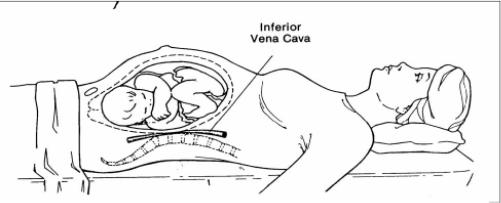












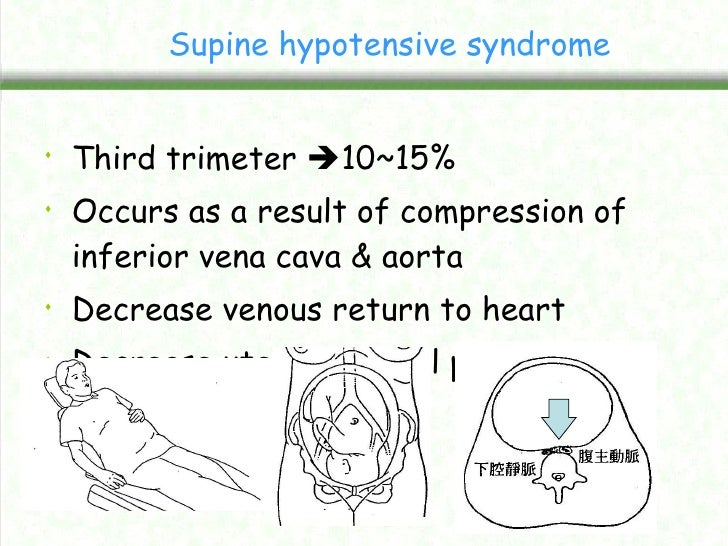
/Supine-hypotension-syndrome-4773731-V3-793136b0fa7f40f5a1f02402fae76aa4.png)


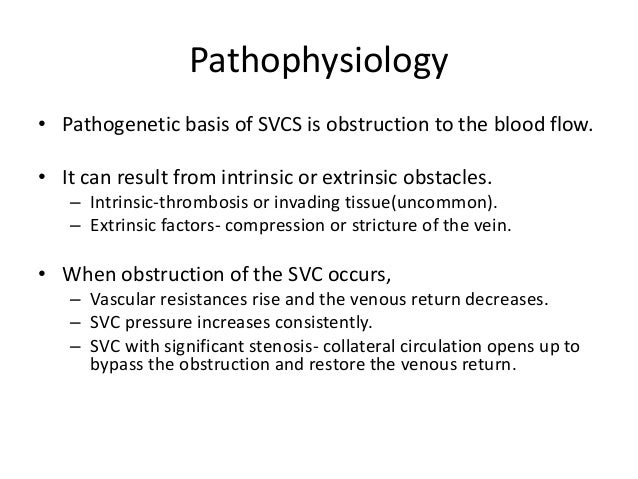






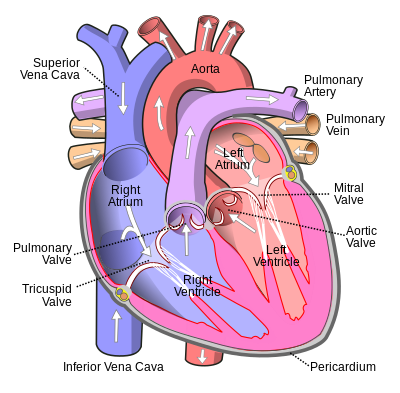
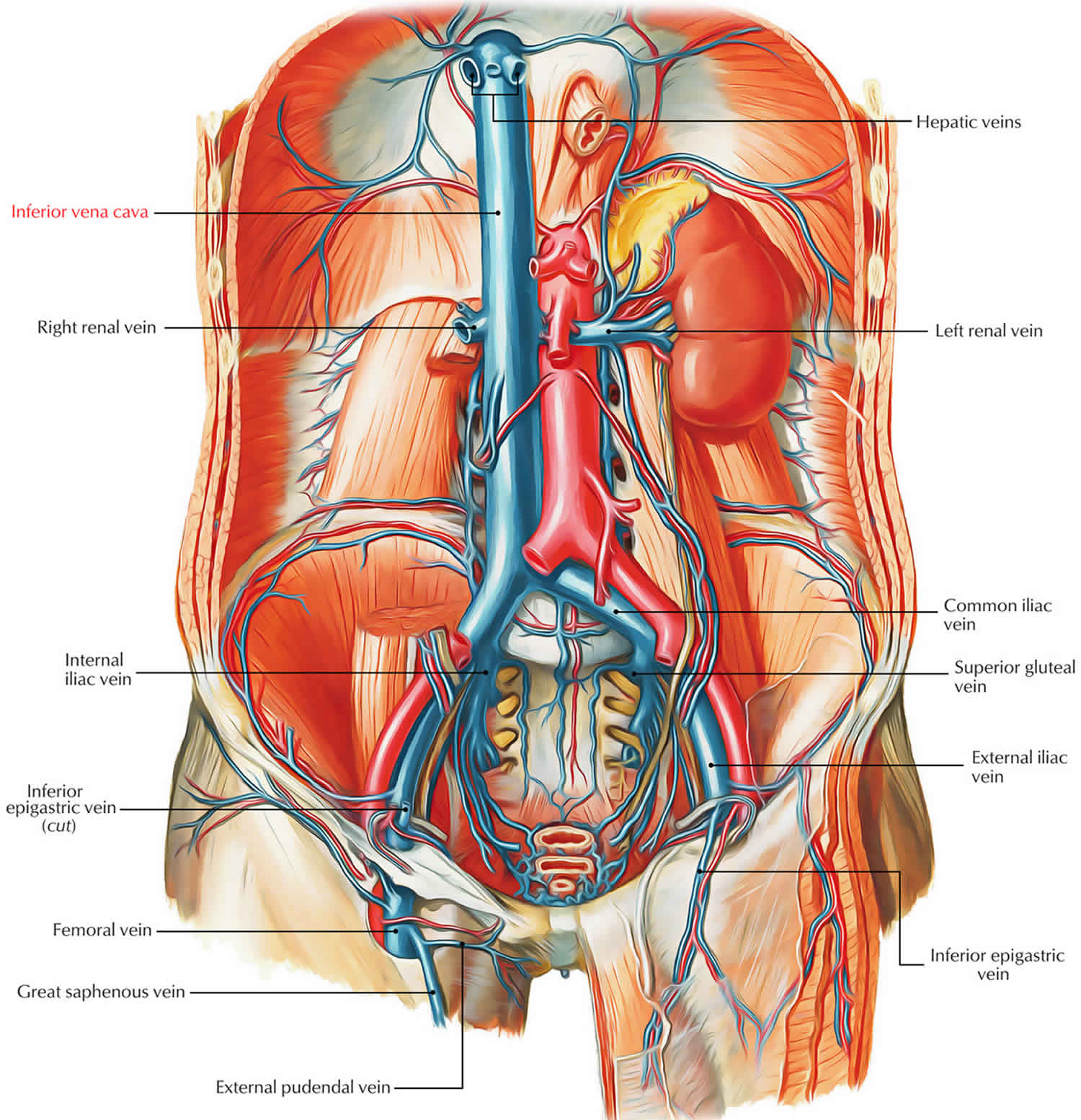

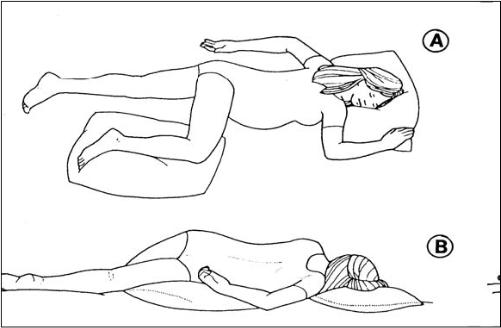



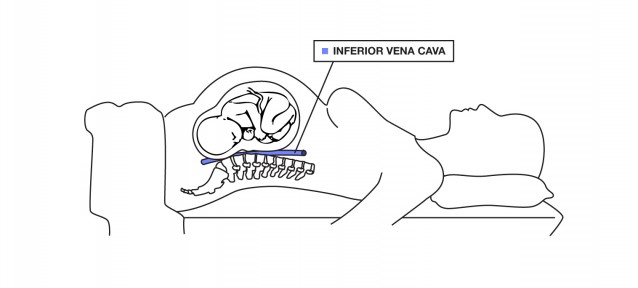
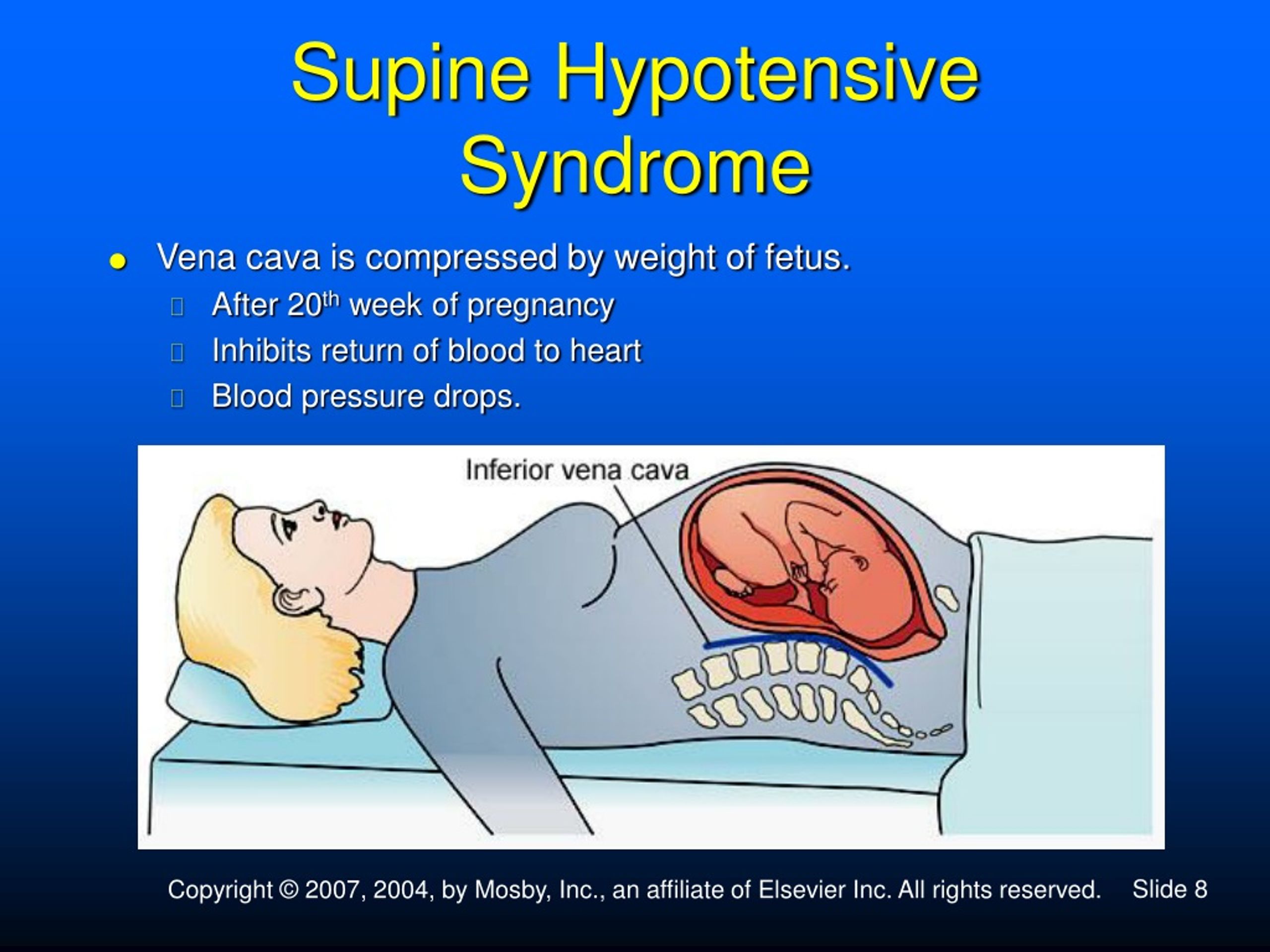





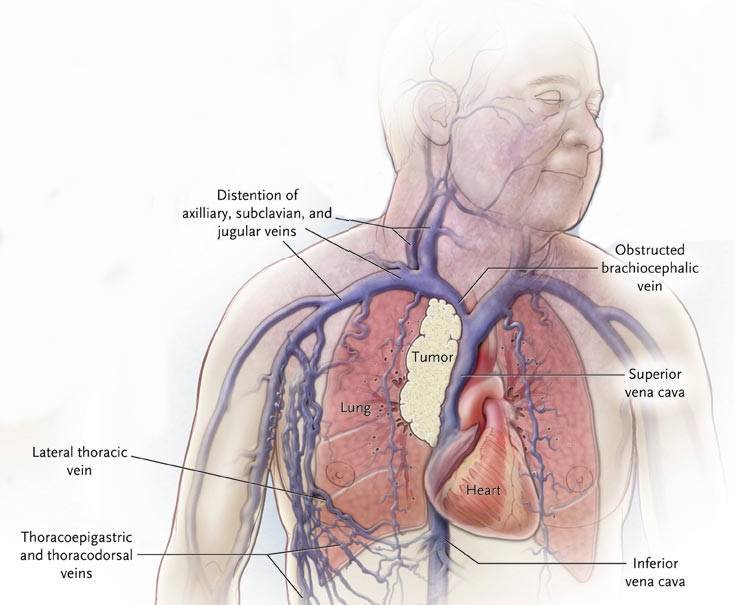

Posting Komentar untuk "Vena Cava Syndrome In Pregnancy"